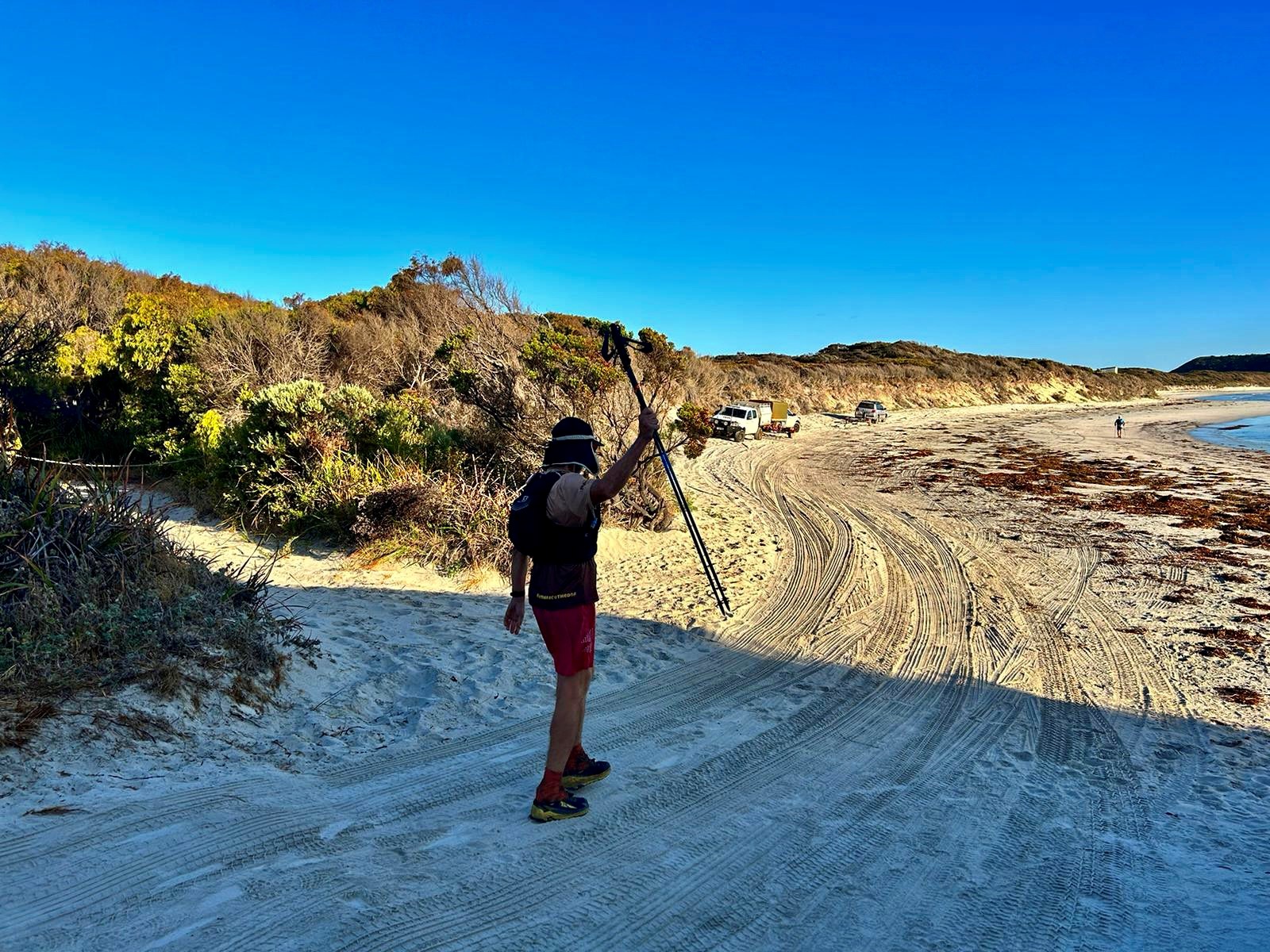October 13, 2016
As you’ll know from previous posts I am a Strava ( www.strava.com ) junkie and need to record every run. In fact I reckon this year I’ve ran over 340 times, for 4,471km’s (thanks Strava) and only once did I not record it when my battery died. I was ‘mad as a cut snake’ when that happened and did not enjoy the run at all. How did this happen ? I’m not saying this is a bad thing as I love recounting previous runs and the way Garmin keeps track of EVERYTHING allows some good data analysis. (if that floats your boat of course?)
There are better software apps available however (Training peaks is one) as I still feel Strava is more cycling focused, and that hurts but for what I need it does the job. I even pay for the premium service which really adds little value but it is the one and only app I use daily, so I feel I should contribute. Probably the best $90 I spend really given the amount of time I spend using it.
There is a downside to the Garmin and Strava world of course, you lose the ability to surprise yourself and run a massive PB or a time you thought beyond you. These days , thanks to blogs like this I suppose, you are taught to ‘trust your training’ but also set realistic and achievable goals. This is mainly to protect you from sprinting the first 10k of a marathon, because you can, and crawling home a broken runner who never returns to the game. In the Garmin world you are reminded every kilometre of your current pace, average pace, time, distance, temperature, heart rate, direction and probably the average rainfall of the Amazon rainforest in April, with the aid of widgets you can now download onto the watch. What this does do is restrict you to a predetermined finishing time as you will only break free of the chains you have set yourself when you know you will not implode. This may be from 35k in the marathon or 17k in a half. A distance when you know your training has done the job and you can just ‘go for it with gay abandon’. Imagine though that the race was the race of your life and everything had come together so much better than you could have ever imagined. You were on track for a 20 minute PB if you ditched the watch and just ran on feel.
This goes against most coaches and 90%+ of the running community. You need realistic goals to protect yourself but these goals eventually become chains that restrict you to a certain finish time. Are the days of massive PB’s then gone ? I would say for the experienced runner they probably are. I have lowered my marathon time from high 3hour range to the high 2hr range in 40 marathons. Each time chipping away at a previous PB as I work harder and run more but also become a more experienced runner who has become accustomed to the marathon distance. In those 40 marathons I have only hit the wall twice, on my first marathon and marathon number 37. Both for good reasons, the other 38 marathons have been ran, give or take 5-10 minutes, to a time I had targeted pre-race. Was there the opportunity somewhere in those 38 marathons to run a ‘fantastic time’ and achieve a quantum leap in my marathon time. We’ll never know.
I did run one marathon in 2010 without a watch, my battery had died on the line and I ran a 3hrs3minutes when I was in sub 3 pace. From the moment my watch died on the line my race was over. Mentally finished, the opportunity to run on feel vanished with my confidence. After this I ran with two watches for many marathons and have only just recently started to trust one Garmin.
So have the surprise element been taken away in the technology focused, GPS world we live in. I’m afraid so. Would I have it any other way, hell no, pass me my iPhone and no one gets hurt……
Anyway as expected the 10k was quick and the banter constant. (No one told me they moved Valencia to Spain, it was Italian last time I looked. Geography not being my strong point, while we were discussing Phil Neville’s sacking as the head coach of Valencia. ) When we eventually finished the average had dropped to 4:06min/k, so much for recovery. We’d got back to Yelo 25 minutes before it even opened so a proper 4k recovery was called for.
So the point of this post is to find a runner who is faster than you and go and try and keep up. Of course it will be difficult but remember that ‘hard work’ I talked about yesterday, well this is part of that. You have a choice to run with runners who do not push you or step up a ‘pond’ or two and test yourself. This being said distance and time on legs will allow you to improve in your current ‘pond.’ That’s the good thing about running; there are many ways to move ‘ponds’. You can use the time on feet method, which is the slow and steady rise, or throw in some pace and distance and you’ll be hopping between ‘ponds’ like a frog who eaten an extra hot chilli-pepper. The choice is yours.

